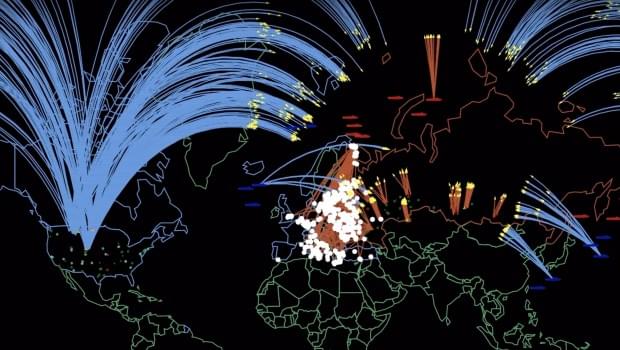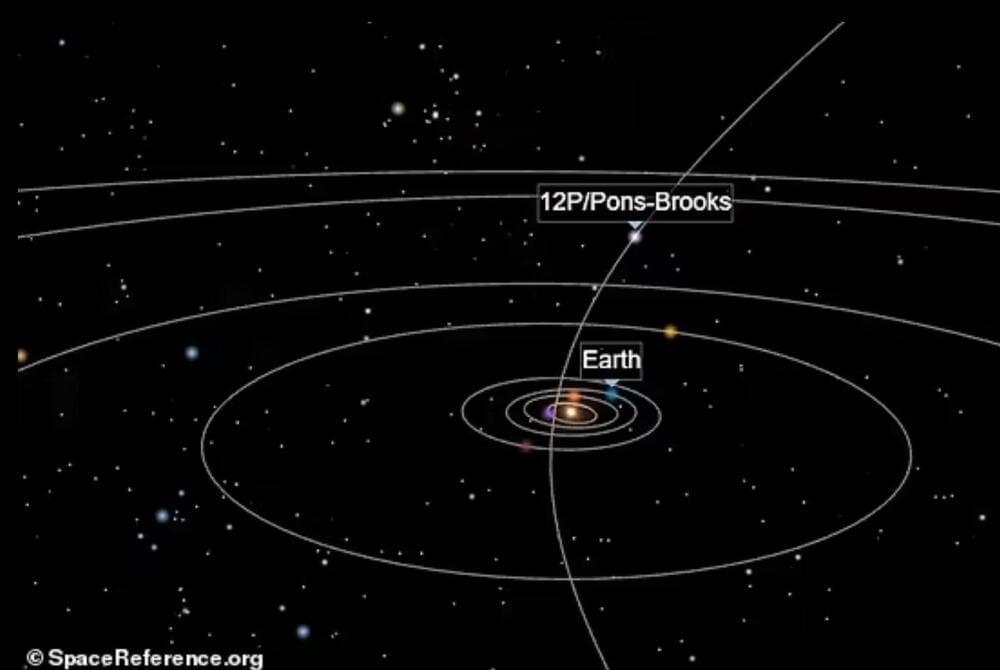Although essentially the United Nations are now making nuclear weapons illegal with new treaties like nuclear disarmament. Russia currently has taken another route for globalization and possibly nuclear escalation. As currently the doomsday clock seems closer to midnight which could mean the end of the world scenarios due to Russias escalation and the possibility of all out nuclear war globally and then nuclear annihilation of the planet. Even with current wars are actually seemingly always going on but this global escalation of nuclear war is a zero sum game as no one would be the winner due to radiation levels circulating the planet. I do think that the us and china are in a treaty but so far Russia is still escalating which now holds the world now ransom.
This is a summary of Policy Brief 139 which is available with full references on the Toda Peace Institute’s website.
In January 2021, a global treaty came into force outlawing the bomb. The Treaty on the Prohibition of Nuclear Weapons (TPNW or Ban Treaty) is the most significant multilateral development in nuclear arms control since the Non-Proliferation Treaty’s (NPT) entry into force in 1970. It establishes a new normative settling point on the ethics, legality and legitimacy of the bomb.
The possession of nuclear weapons by nine countries did not suddenly became illegal with the treaty’s entry into force in January 2021. However, it would be false to claim that a UN-negotiated treaty, following a UN-authorised process and conference, has no implications for the legality and legitimacy of nuclear-weapon possession and practices.







